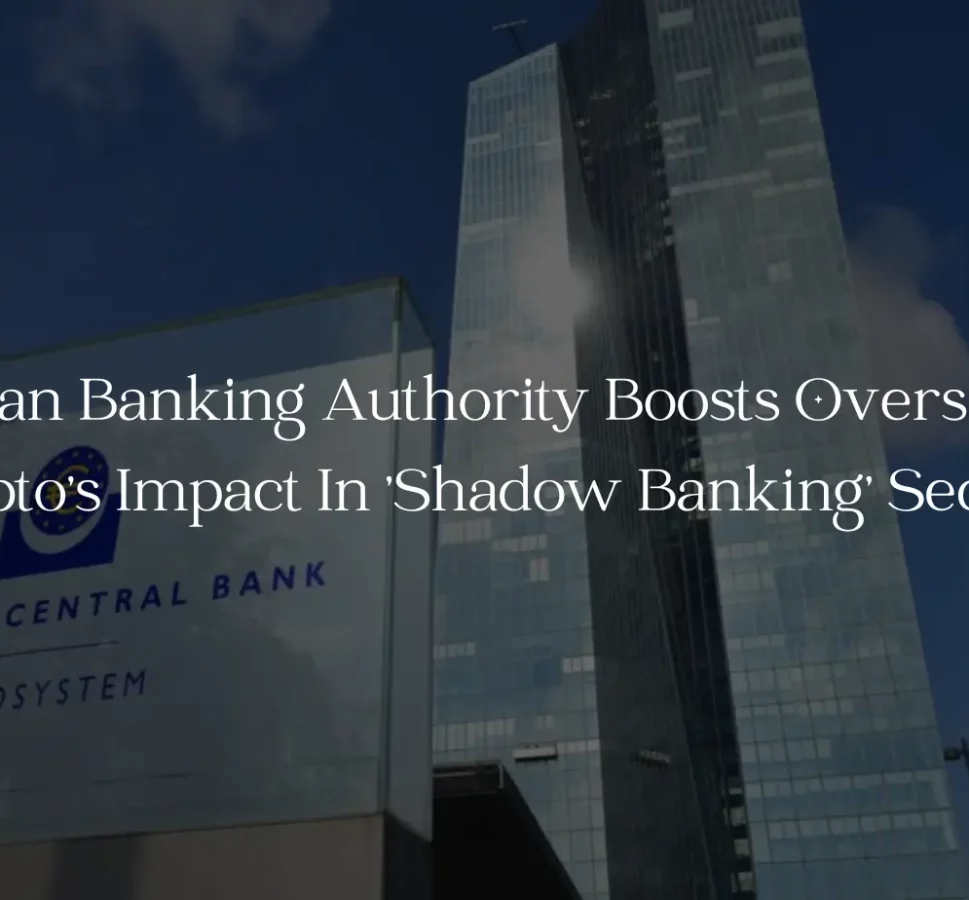- EBA to enhance analysis of NBFI’s impact on banks, especially cryptocurrency entities.
- Proposes rigorous rules for crypto business stakeholders and anti-money laundering measures.
- Collaborates for understanding “shadow banking” effects on financial stability.
The European Banking Authority (EBA), which oversees stress tests for banks in the European Union, plans to expand its analysis to see how problems in non-bank financial institutions (NBFIs), such as those involved with cryptocurrency, might impact banks, reports the Financial Times.
Due to concerns about potential risks spreading, José Manuel Campa, the head of EBA, stated in an interview that there is a need to examine more closely the connections between banks and other financial entities. He emphasized the importance of understanding the entire chain of activities in NBFIs.
“We should be doing more and we are going to be doing more. We need to have an understanding of the whole underlying chain in NBFIs.”
José Manuel Campa, EBA chair
The Financial Times report notes that NBFIs control about $219 trillion, nearly half of the global financial assets. The EBA has already started addressing the potential stress that cryptocurrency can place on the financial system. In November, it released preliminary guidelines on liquidity and capital needs for stablecoin issuers, aligning with the EU’s new Markets in Crypto Assets (MiCA) regulation.
Additionally, the EBA has suggested rules that would require a thorough background check for individuals owning more than 10% of a cryptocurrency business, looking for any past convictions or sanctions. They have also advised crypto companies to be vigilant of clients using privacy coins or self-hosted wallets, which could indicate money laundering activities.
The European Banking Authority (EBA) carries out stress tests on European banks every two years and examines how much they are exposed to non-bank financial institutions, according to José Manuel Campa. The most recent initiative involves collaborating with the European Systemic Risk Board and the Financial Stability Board to comprehend the effects of a crisis in the “shadow banking” sector on the broader financial system, as mentioned in the report.






